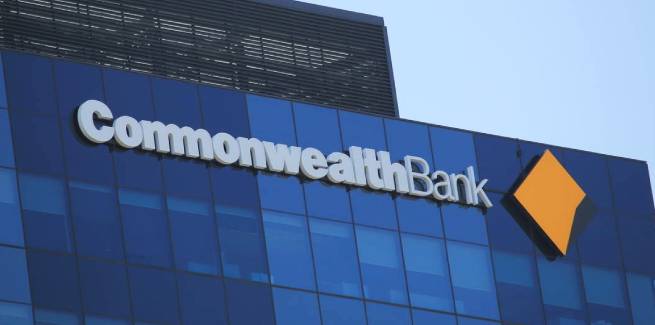Economists from the Commonwealth Bank (CBA) have announced there will be no immediate changes to the bank’s forecasts following Labor’s election victory.
Despite Westpac economists suggesting the RBA may lift the cash rate by 40 bps in June, CBA has held firm on its 25-bp lift.
“In our view, there was little proposed by the incoming government during the election campaign that at this stage requires us to revisit our economic forecasts,” explained CBA head of Australian economics, Gareth Aird.
“Put another way, our economic forecasts and call on the [Reserve Bank] RBA are unchanged despite the change of national leadership.”
The bank currently expects underlying annual inflation to climb to 4.6 per cent in the December quarter, up from 3.7 per cent in the March quarter, before settling at 2.7 per cent in the final quarter of 2023.
The unemployment rate, which reached a near 50-year low of 3.9 per cent in April, is expected to remain at 3.75 per cent through to the end of 2023, while the wage price index is expected to steadily rise from 2.4 per cent currently to 3.4 per cent by the end of next year.
Additionally, an annual GDP growth rate of 4.4 per cent has been forecasted by the bank for the fourth quarter of this year before growth reverses to reach 2.6 per cent in Q4 2023.
“There will of course be some policy shifts. Reform is expected around aged care, childcare, housing and health. And there will be a greater emphasis on climate-related policies given Labor has set an emissions reduction target of 43 per cent by 2030 as compared with the previous Coalition government’s 26 to 28 per cent target by 2030,” noted Mr Aird.
“But these areas do not shift the dial for our economic forecasts, which extend to end-2023.”
On interest rates, Mr Aird maintained that the RBA is still expected to deliver a “business as usual” rate hike of 25 bps next month – the same amount as this month.
“The Q1 22 WPI, released last week, indicates the RBA is not facing a prices wages spiral anything like what is currently being observed in some other jurisdictions. As a result, the RBA does not have to run hard against wages growth by aggressively hiking the cash rate,” he said.
“In addition, the optics of delivering a larger than 25-bp increase in the cash rate in June might imply that the RBA board has changed their assessment of the outlook for inflation and/or inflation risks based on the change of government.”
Looking further ahead, CBA said that hikes to the cash rate are expected in July, August and November, bringing the cash rate to 1.35 per cent. The bank forecasted one more lift for February next year, which would bring the rate to 1.60 per cent, where it is expected to remain throughout 2023.
“A new budget is expected to be handed down in October 2022. The new budget will fully flesh out the Labor government’s fiscal strategy,” added Mr Aird.
“We will take any information forthcoming from the new government, including in the expected October budget, into account when assessing the economic and policy outlook.”
The bank’s forecast comes after the central bank revealed that it considered three options for the size of the rate increase for May: a 15-bp increase, 25 bps or 40 bps.
“Members agreed that raising the cash rate by 15bps was not the preferred option given that policy was very stimulatory and that it was highly probable that further rate rises would be required,” the minutes stated.
“A 15bp increase would be inconsistent with the historical practice of changing the cash rate in increments of at least 25bps.
“The board will continue to monitor these and other issues closely as it determines the timing and extent of future interest rate increases.”
[Related: Cash rate to more than double in June: Westpac]
 ;
;